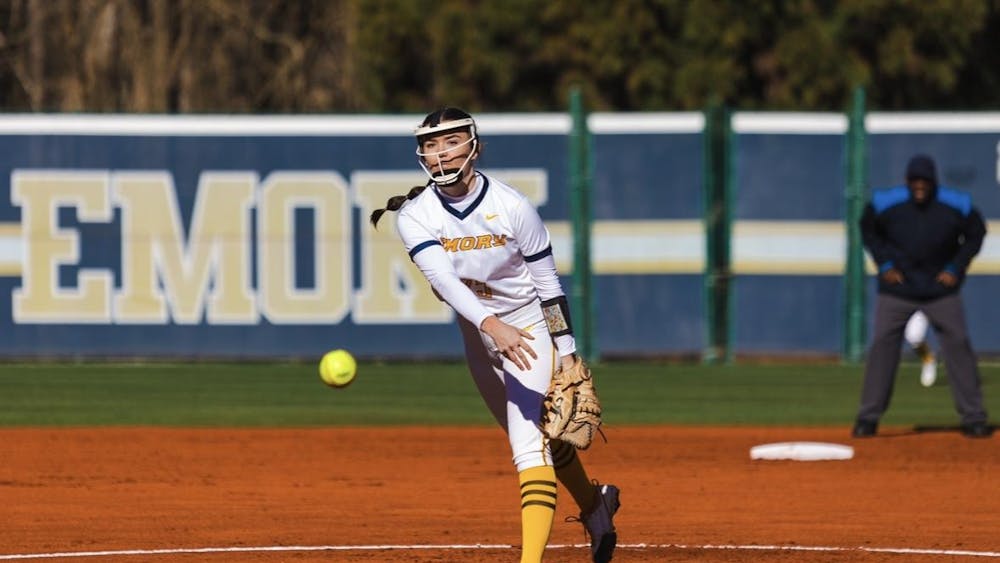Novak Djokovic had his sights set on a fourth consecutive win in the Australian Open, but he will be unable to defend his title this year.
Top tennis players occasionally skip important tournaments, such as Roger Federer who had to miss this year's Australian Open as he recovers from his latest knee surgery, or Rafael Nadal missing the end of the 2021 season due to a foot injury. However, Djokovic's absence stems from an unusual reason: deportation due to his unvaccinated status.
Early on Jan. 5, Djokovic flew into Australia with a medical exemption issued by the Australian government and a visa from last November, hoping to win his 10th Australian Open men's singles title. Shortly after the Serbian's arrival, Australian Border Force annulled his visa and directed him to a detention hotel. His visa was restored over the next few days, but this was followed by a week of court deliberation that finally ended in his visa being revoked and deportation.
Australian prime minister Scott Morrisson welcomed the unanimous final decision and reminded the world about Australia's strict COVID-19 protocols and rigorous immigration system where "rules are rules, and there are no special cases." While some Australians agreed with him, dozens of outraged protestors gathered outside the detention hotel demanding Djokovic's freedom and chanting, "let him play!"
Australia’s strict immigration rules resonated with Emory University men’s basketball assistant coach Gebereal Baitey (19C). After his successful athletic and academic career at Emory, he ventured to Australia in early 2020 to play for the National Basketball League before his season was canceled due to COVID-19.
"I wasn't super surprised when I heard what they ruled on Novak Djokovic just because I saw what the border restrictions were,” Baitey said.
Baitey also felt comforted that a well-known athlete was treated the same as he was when it came to COVID-19 regulations and immigration restrictions.
The rest of the world also focused on Djokovic's news, including young players who reflected on their tennis icon’s decisions. Australia's immigration minister Alex Hawke believed Djokovic would increase anti-vaccination sentiment. Although Emory men’s tennis senior Sahil Raina believes Australia made the right decision in not allowing Djokovic to play, he felt that Djokovic’s status would not deter the tennis community from getting vaccinated.
"I think the behavior of big tennis stars like Novak [Djokovic], Federer or Nadal influences tennis players a little bit, but when it comes to issues like the vaccine, I don't think that has as much of an effect on young tennis players,” Raina said. “Their views on that subject are probably more centered on what their families believe in.”
Djokovic has said he’s been overwhelmed by the attention he has received recently and uncomfortable about the discussion over his vaccination and immigration status. To protect his mental health, Djokovic will withdraw from the spotlight before discussing the issue further. Djokovic's situation is similar to previous cases surrounding the vaccination status of sports stars, such as the controversy around Brooklyn Nets basketball player Kyrie Irving’srefusal to get the vaccine.
Baitey, a fan of Irving’s, felt the Nets guard has been treated with disproportionate hostility by the media.
“I've loved some of the things that he's done talking about mental health and just being aware of it and how we have to protect the mental health of athletes,” Baitey said.
“These pundits on the television talk about [athletes] every single day, and they are painfully critical of them in a lot of ways that are oftentimes unfair.”
However, Djokovic's record of questionable actions on and off the court — such as his involvement in organizing the Adria Tour amid a pandemic shutdown — raises questions about his influence on the general public.
Djokovic's hectic experience in Australia has been a whirlwind of broad media coverage, support by fans, immediate court processing and consideration of his case and a warm welcome from Serbian authorities towards his return.
Despite Morrison's "no special cases" claims, Djokovic's saga appears to be an exception in the eyes of refugees who have been living for months, and even years, under the same roof of Djokovic's detention hotel.
Ishmael, a refugee at the hotel, told the Guardian: "We know they want to send a message, with Djokovic's arrival, that they have a strong border that is fair to everyone. But it hasn't been fair for nine years. They differentiate between people based on class, some people from developed countries have never been detained.”
After Djokovic's saga, refugees hope that the Serbian's experience will spark awareness of their situation. Meanwhile, the tennis community will have to wait until the French Open, the next Grand Slam tournament, to hopefully see Djokovic in action.








